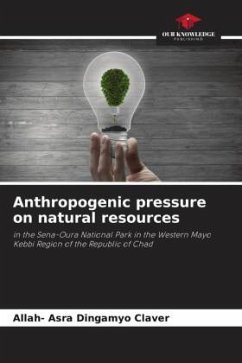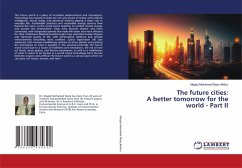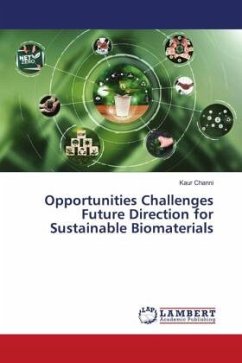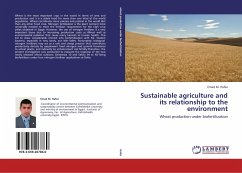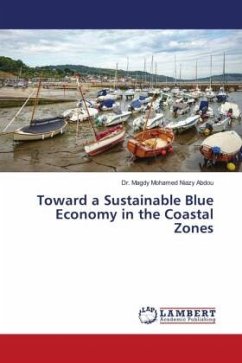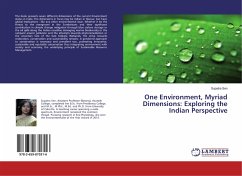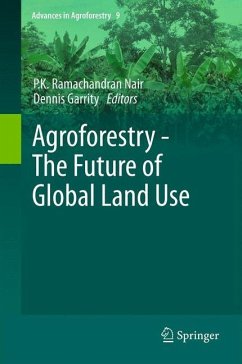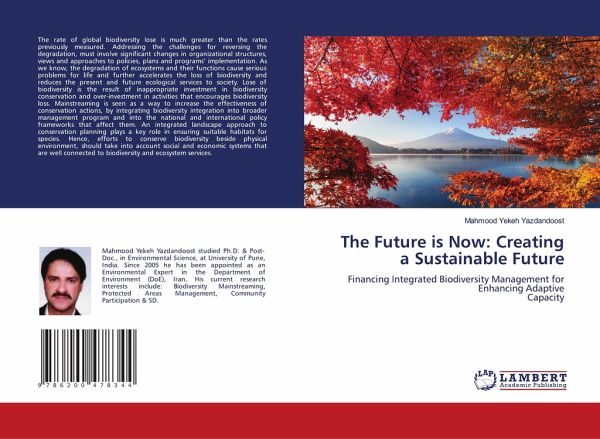
The Future is Now: Creating a Sustainable Future
Financing Integrated Biodiversity Management for Enhancing AdaptiveCapacity
Versandkostenfrei!
Versandfertig in 6-10 Tagen
27,99 €
inkl. MwSt.

PAYBACK Punkte
14 °P sammeln!
The rate of global biodiversity lose is much greater than the rates previously measured. Addressing the challenges for reversing the degradation, must involve significant changes in organizational structures, views and approaches to policies, plans and programs' implementation. As we know, the degradation of ecosystems and their functions cause serious problems for life and further accelerates the loss of biodiversity and reduces the present and future ecological services to society. Lose of biodiversity is the result of inappropriate investment in biodiversity conservation and over-investment...
The rate of global biodiversity lose is much greater than the rates previously measured. Addressing the challenges for reversing the degradation, must involve significant changes in organizational structures, views and approaches to policies, plans and programs' implementation. As we know, the degradation of ecosystems and their functions cause serious problems for life and further accelerates the loss of biodiversity and reduces the present and future ecological services to society. Lose of biodiversity is the result of inappropriate investment in biodiversity conservation and over-investment in activities that encourages biodiversity loss. Mainstreaming is seen as a way to increase the effectiveness of conservation actions, by integrating biodiversity integration into broader management program and into the national and international policy frameworks that affect them. An integrated landscape approach to conservation planning plays a key role in ensuring suitable habitats for species. Hence, efforts to conserve biodiversity beside physical environment, should take into account social and economic systems that are well connected to biodiversity and ecosystem services.



